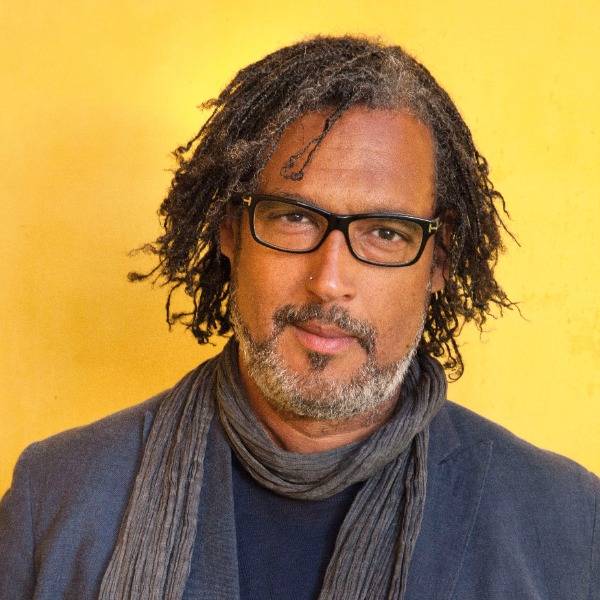
Has the government lost all respect for facts? With an election looming, political dishonesty is ramping up – and there are signs that some government ministers are even playing with conspiracy theories.
It began in September, when Prime Minister Rishi Sunak reneged on several climate commitments – including some that had never been made. He claimed he was scrapping plans for households to be forced to have seven bins for recycling and for a meat tax. Neither of those policies ever existed.
The disinformation continued at the Conservative Party conference in early October, where Energy Secretary Claire Coutinho again mentioned the mythical meat tax, this time suggesting it could be Labour policy, which it is not. Transport Secretary Mark Harper waded into the waters of conspiracy theories when he claimed that local councils could “decide how often you go to the shops” under the guise of implementing 15-minute cities, and that they would monitor this using CCTV.
The 15-minute city is an approach to urban planning that aims for residents to be able to reach all essential amenities within a 15-minute walk or cycle. Some UK councils have adopted the idea. But, improbably, it has been latched on to by conspiracy theorists, who claim that authorities will use it as a means of control and will prevent people from leaving their 15-minute bubble. The theory seems to have built on the experience of pandemic-era lockdowns, where people in some places had to stay within a certain distance of their homes.
There are fears that similar rules will be implemented in the name of climate action. The government had already attacked the 15-minute idea a few days earlier, stating in its plan to “back drivers” that it would aim to stop councils from implementing related policies. But associating the idea with restrictions on freedom “is tantamount to aligning with the most radical and anti-democratic elements”, the creator of the idea, urban planner Carlos Moreno, wrote after Harper’s comments.
News publications and fact-checking organisations quickly put out corrections to these claims but, as we know all too well by now, misinformation is incredibly difficult to effectively counter once it is out there – especially when it has come from a seemingly authoritative source. Meanwhile, there are few repercussions for dishonesty. When Channel 4 journalist Patrick Worrall looked into the consequences for politicians lying in parliament, he concluded that “It’s easier to get thrown out of the House of Commons for calling someone a liar than for lying itself.”
With general elections set to be scheduled by January 2025, the UK will soon be entering into campaigning mode. We can expect such falsehoods to increase – and we shouldn’t assume that any party is immune to it. There have been complaints about increasingly misleading campaign materials. The Liberal Democrats are accused of delivering “fake” local newspapers displaying incorrect polling figures, for example.
Some are suggesting that we need to introduce new legislation. Politicians including the Green Party’s Caroline Lucas believe it should be a criminal offence for politicians to deliberately lie. Plaid Cymru has tried to introduce this as a bill in Westminster. But creating a criminal offence could be fraught with questions over what constitutes a lie, and who decides it, with great potential for injustice. A more moderate option, backed by others including Labour’s Debbie Abrahams, would make it a sackable offence, which may be more pragmatic.
An election is not free and fair if it is based on falsehoods. The consequences of rising dishonesty in politics for the state of our democracy are huge – and for government ministers to be stoking conspiracy theories takes us into especially dangerous territory. As the next general election approaches, we all need to be on our guard for untruths. But individual efforts to fact-check political claims will always fall short; we also need to think about the need for institutional reform. Advertisers can’t lie to the public; why can politicians?
This article is a preview from New Humanist's winter 2023 issue. Subscribe now.

